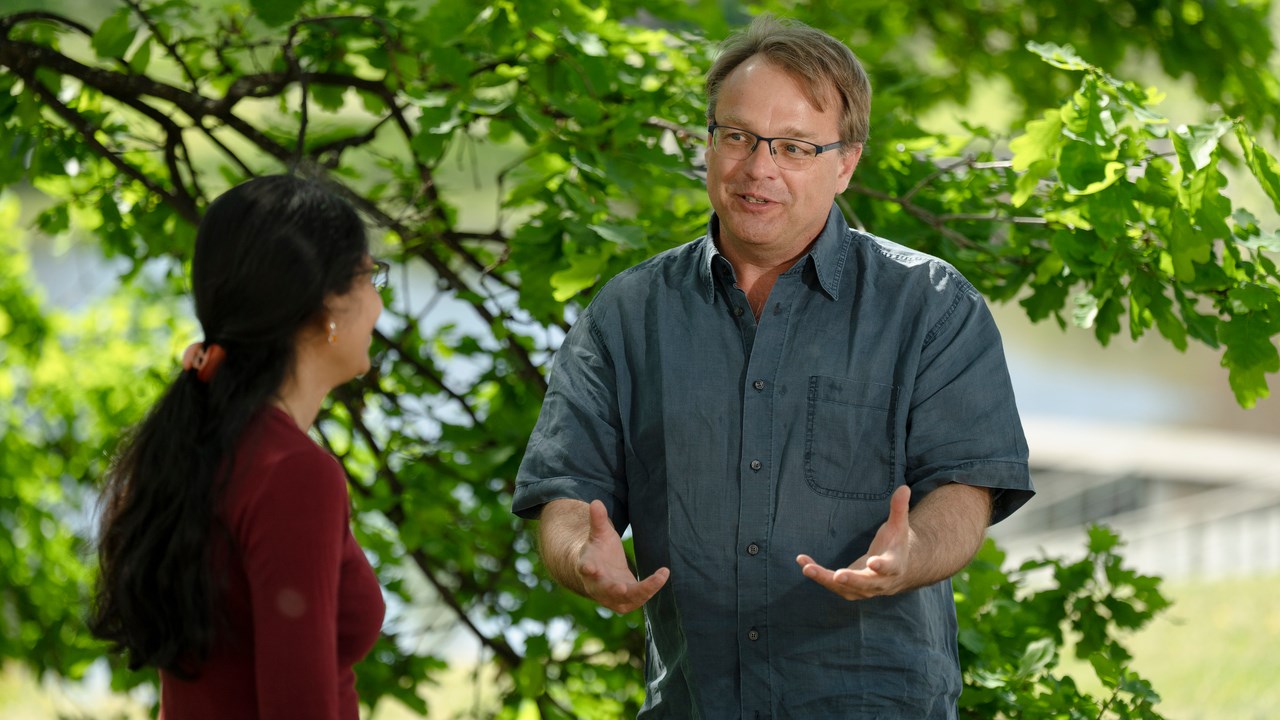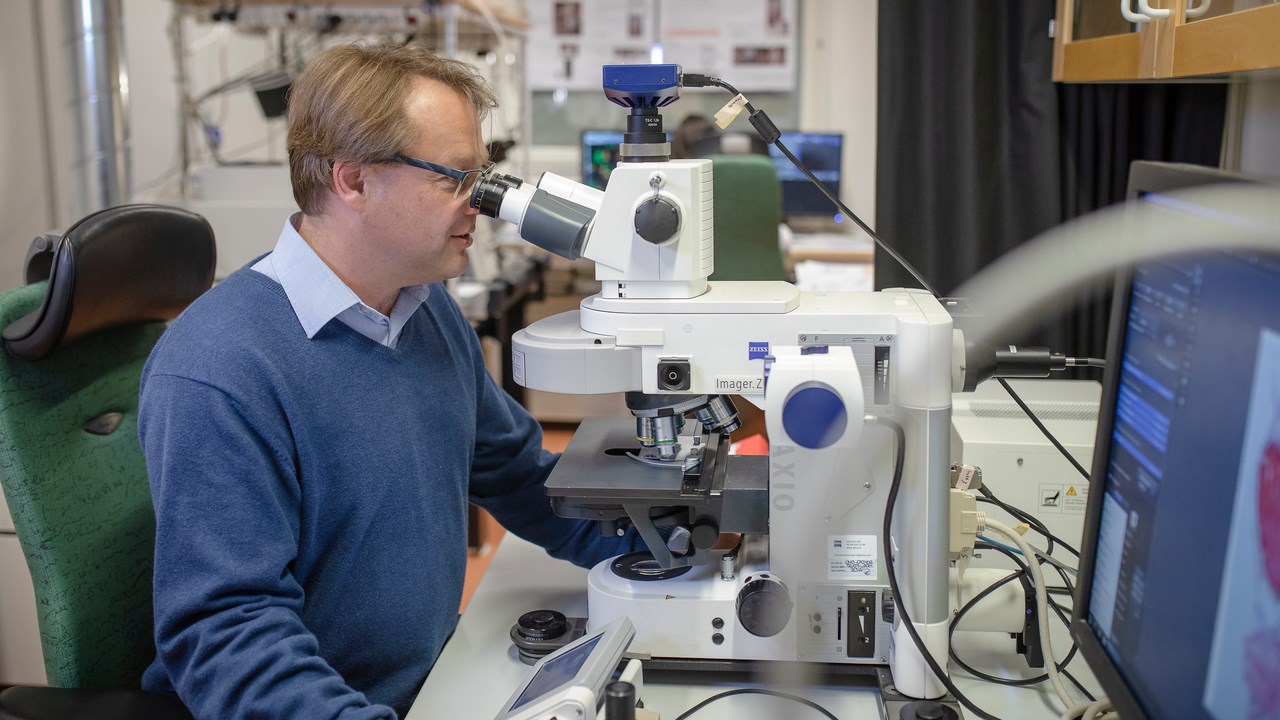
The fight against malaria requires deeper knowledge of the parasite's life cycle
PROFILE To combat malaria, knowledge of the parasite that causes the disease is crucial. Oliver Billker’s quest to decode its complex biology began as a student in Berlin and led him to Umeå. “I was absolutely amazed that we had no understanding at the molecular level of the lifecycles of parasites, although they kill so many people every year,” he says.




